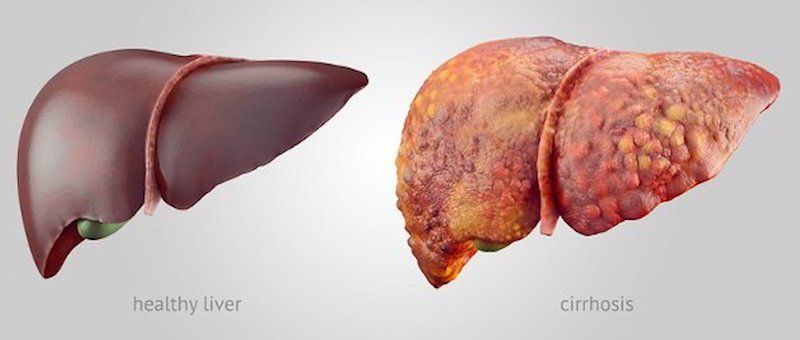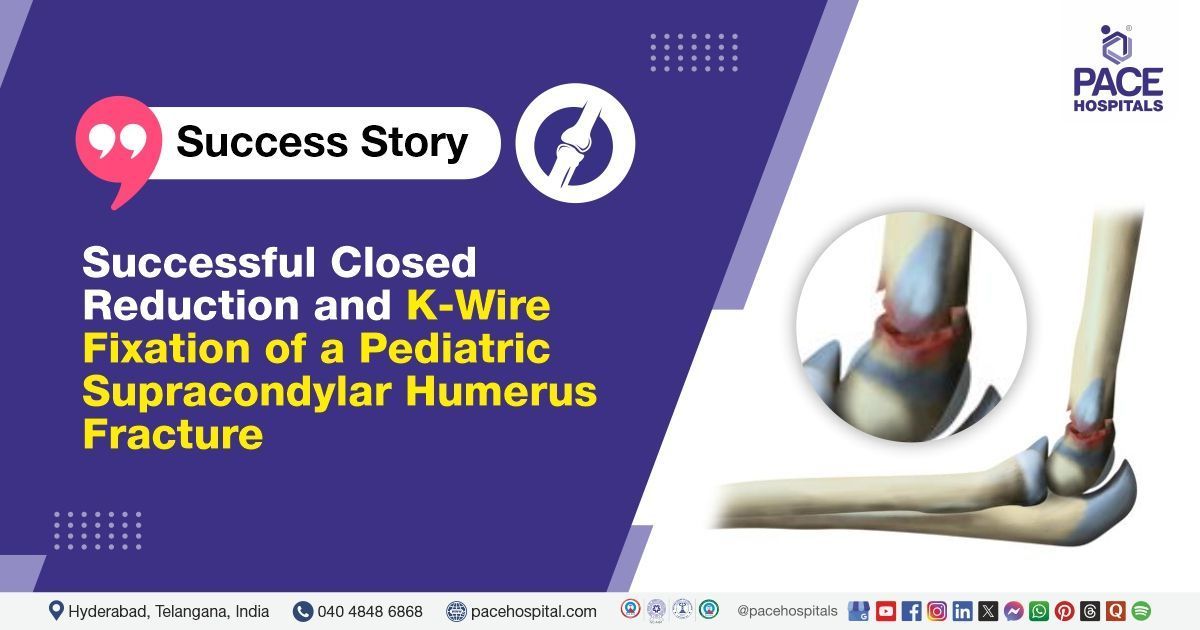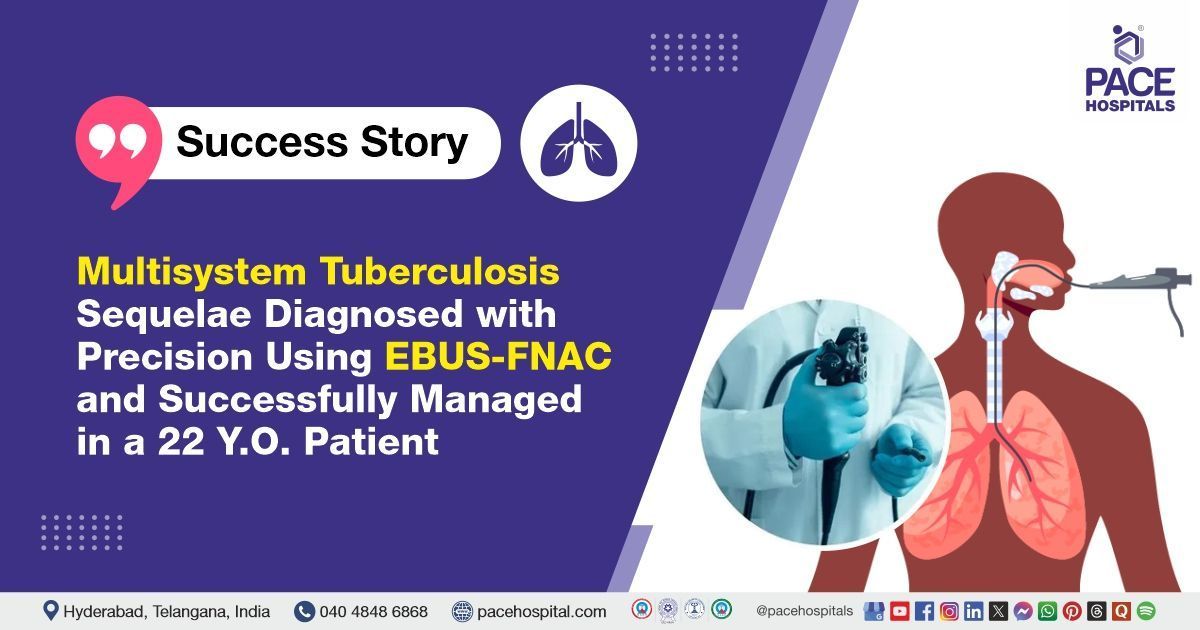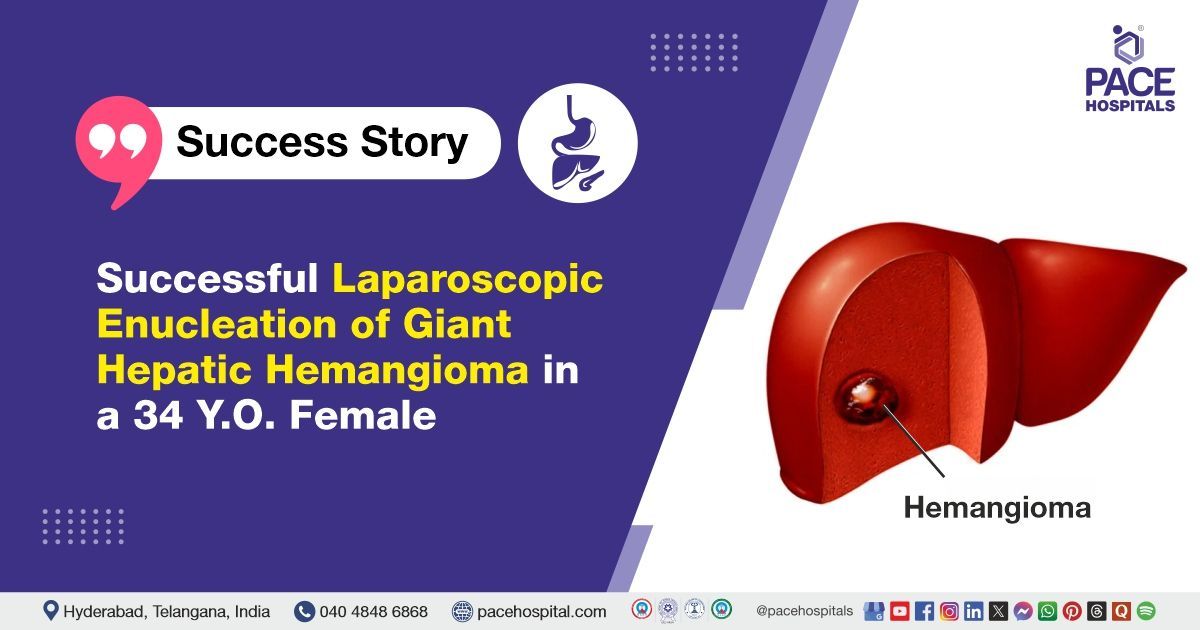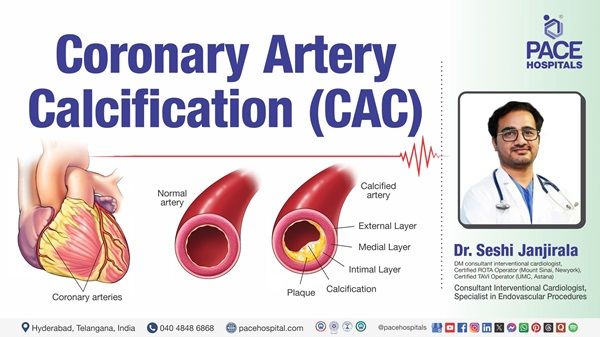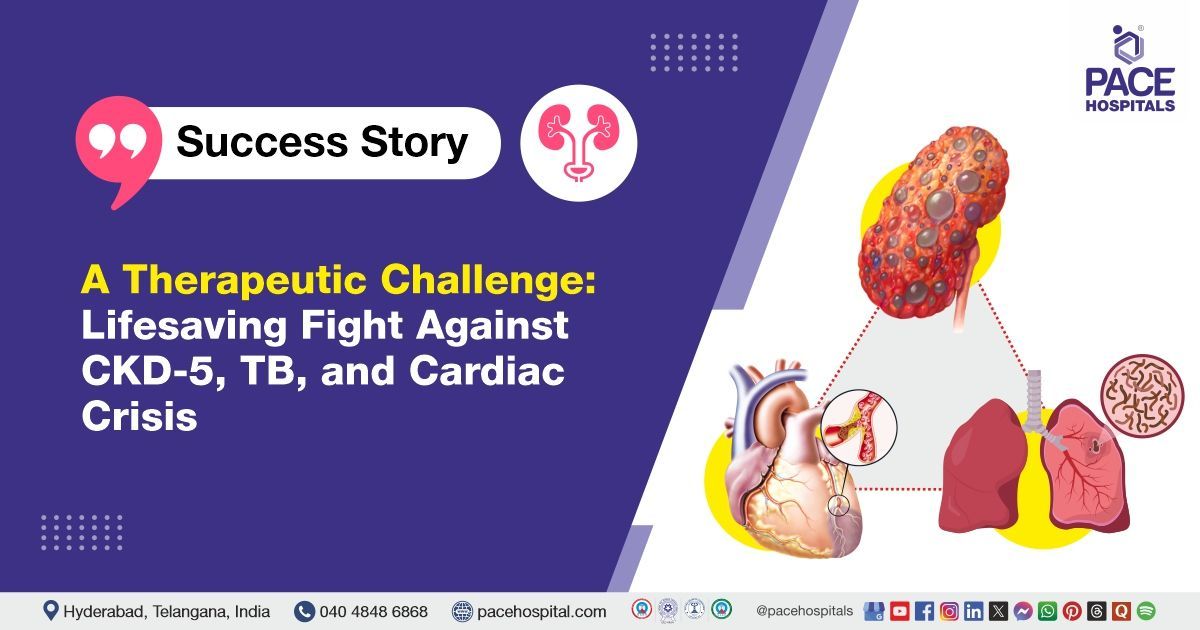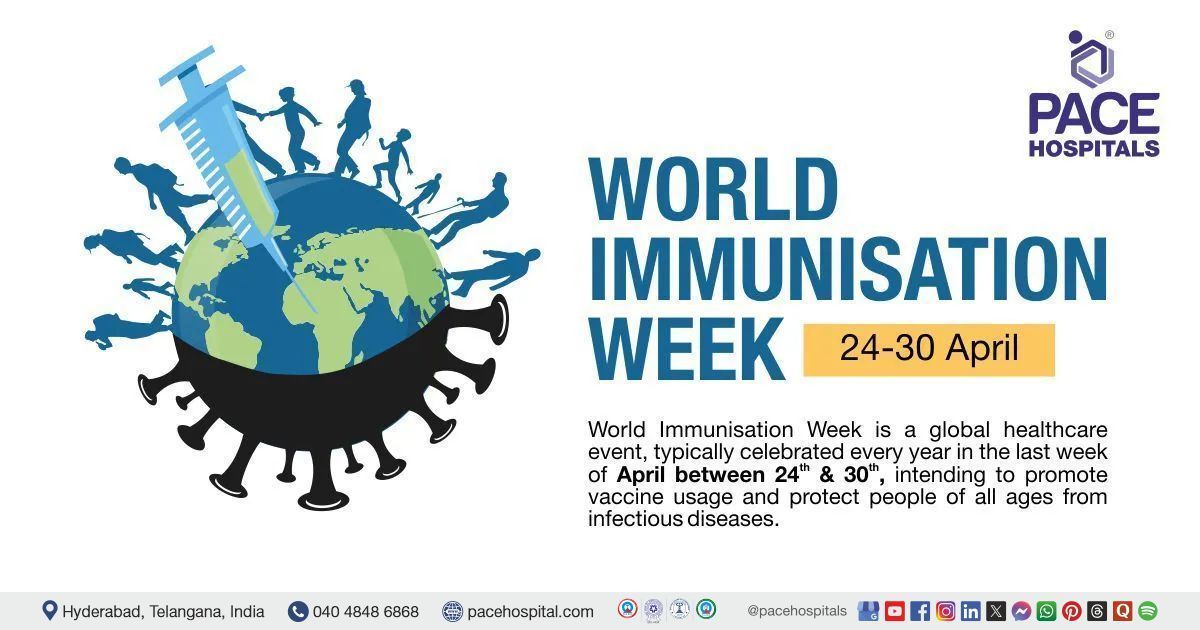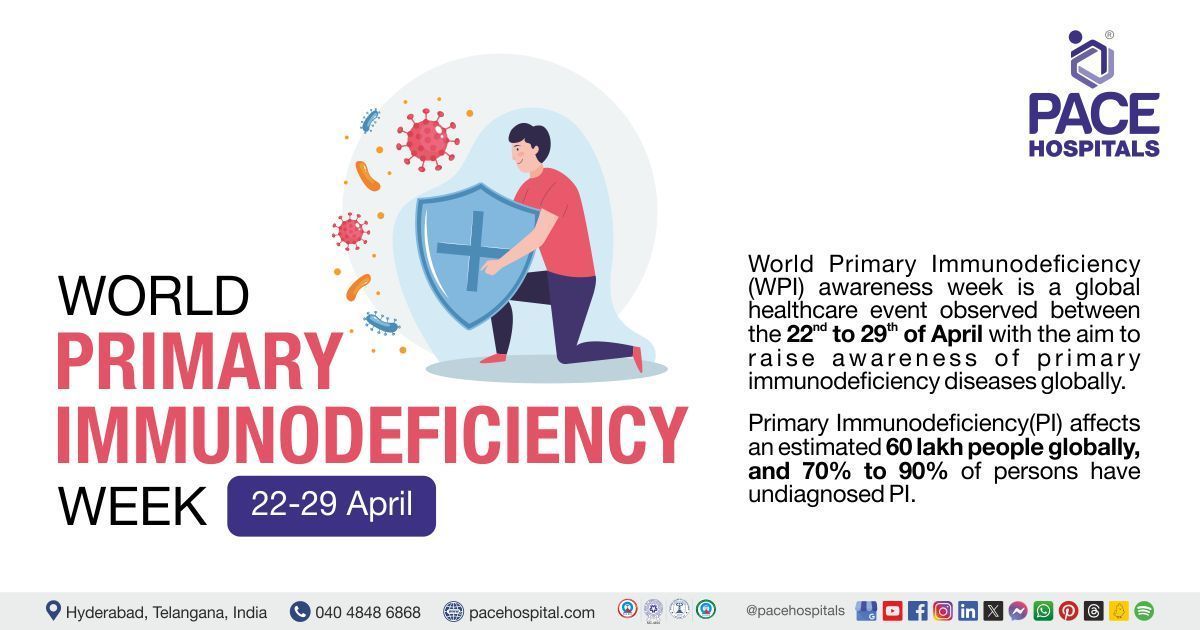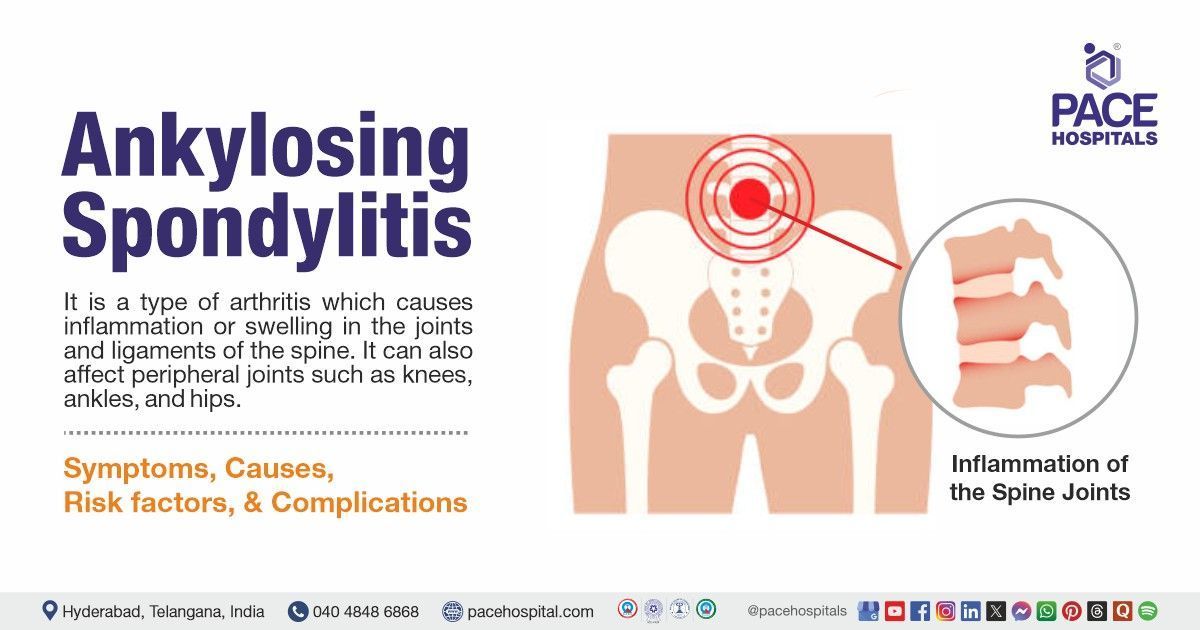Liver cancer is preventable
How can we prevent liver cancer?
Among the most effective ways to reduce the risk of developing liver cancer is to avoid exposure to the hepatitis B and C viruses. Hepatitis B is now preventable by vaccination. Vaccines for hepatitis B are a part of immunization schedule for children and adults. There is no vaccine for hepatitis C. Practising safe sex and avoiding IV drug abuse can prevent hepatitis. Screening should be done for hepatitis B and C as a part of routine health check.
Once detected, If you have chronic hepatitis B, you might be a candidate for antiviral therapy, which can slow down progression of liver disease and decrease (although not eliminate) the risk of liver cancer. Likewise, hepatitis C, appropriate treatment can eliminate the virus in up to 80 percent of individuals if treatment is started early. Undetected and untreated, however, infection with the hepatitis B virus can lead to cirrhosis, liver failure, and cancer.
Role for Diet, Lifestyle in preventing liver cancer
Alcoholism causes not only liver damage and cirrhosis but increases the risk of liver cancer. Patients with hepatitis B and C and alcoholism are at a very high risk. Alcohol should be consumed in moderation or not at all.
Non-alcoholic fatty liver disease (NAFLD) is now an epidemic in the west and developing countries like India. In this condition, a type of fat called triglycerides accumulates in the liver, which can lead to liver injury(non-alcoholic steatohepatitis). NAFLD can cause cirrhosis and predispose to cancer. It commonly occurs in people who are overweight or obese, or who have type 2 diabetes or a metabolic syndrome. A sedentary lifestyle with lack of exercise, low fiber and high calorie, fatty food diet, central obesity predispose to NAFLD.
Food and grains which are improperly stored can cause exposure to fungal toxins called aflatoxin which predisposes to cancer.
Can we detect liver cancer early?
It is often hard to find liver cancer early because signs and symptoms often do not appear until it is in its later stages. Small liver tumors are hard to detect on a physical exam and by the time a tumour can be felt, it might already be quite large.
There are no widely recommended screening tests for liver cancer in people who are not at increased risk. (Screening is testing for cancer in people without any symptoms.) But testing may be recommended for some people at higher risk such as hepatitis Band C patients, alcoholic liver disease, NAFLD and other uncommon liver disease such as haemochromatosis. Recommend liver cancer screening every 6 to 12 months with alphafetoprotein (AFP) blood tests and ultrasound exam.
Ultrasound is a cheap and simple investigation however it canmiss tumors sometimes and is only a screening tool. A CT scan / MRI of liver and biopsy may be needed to further characterize.
Can we treat liver cancer?
Patients with early-stage tumours that can be removed surgically have the best chance of being cured. However, many liver cancers are inoperable at diagnosis, either because the cancer is too advanced or the liver is too diseased to permit surgery. In such patients, novel therapies such as radiofrequencyablation, chemo embolisation, Radio-embolisation are currently available to control the tumor. In selected patients with advanced liver disease and liver cancer liver transplantation is the treatment of choice.
Advanced liver cancer has no standard curative treatment. Chemotherapy drugs such as sorafenib and low-dose radiotherapy may control the cancer's spread and ease pain, however these are of modest benefit in this type of cancer. Most patients need strong painkilling medication along with medicines to relieve nausea and swelling or to improve appetite.
Share on
Request an appointment
Fill in the appointment form or call us instantly to book a confirmed appointment with our super specialist at 04048486868

